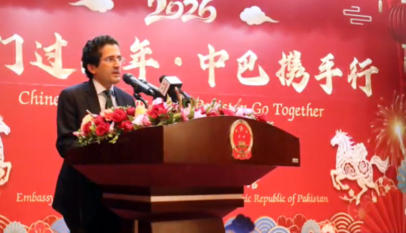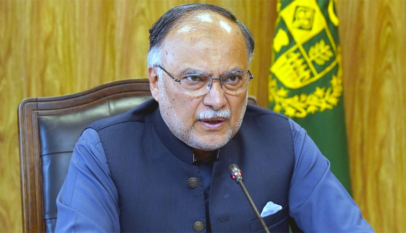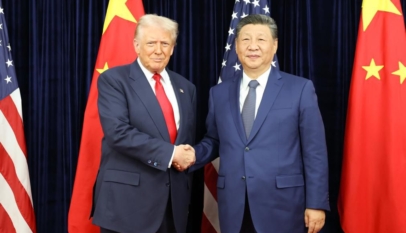
As the Spring Festival ushers in the Year of the Dragon, a symbol of might and prosperity in Chinese culture, robust holiday consumption highlights the vitality and momentum of the Chinese economy.
During the eight-day holiday, China witnessed nearly 2.3 billion domestic journeys, including 474 million domestic tourist trips that surged 34.3 percent from the previous year. The total expenditure in domestic tourism grew 47.3 percent to hit 632.7 billion yuan (about 89 billion U.S. dollars). About 6.83 million inbound and outbound trips were made.
A record-breaking box office revenue of over 8 billion yuan further highlights China’s robust consumption and flourishing cultural industry, signaling a promising start to 2024 for the world’s second-largest economy.
Despite experiencing fluctuations in 2023, China’s economy expanded by 5.2 percent, achieving its set target and leading major global economies in growth rate. With its contribution rate at about 30 percent, China continues to be a pivotal force in global economic growth. The Central Economic Work Conference in mid-December emphasized the principle of seeking progress while maintaining stability, promoting stability through progress, and establishing the new before abolishing the old, aiming to reinforce the momentum of economic recovery.
However, some Western observers and media outlets have made biased remarks, hyped up a biased “Peak China” theory and claimed a long-term downturn of the Chinese economy, overlooking the resilience and logic behind China’s development.

Contrary to these speculations, China’s economy boasts unique strengths that underpin its resilience and potential. These include a socialist market economy, a vast market scale, a comprehensive industrial system, and a substantial number of skilled workers and entrepreneurs. The Chinese economy has transitioned from high-speed to medium-to-high growth, with innovation now driving development rather than reliance on resources and low-cost labor.
From 2013 to 2022, China’s GDP more than doubled, with its share of the global economy rising from 12.3 percent to approximately 18 percent. This growth, consistently outpacing that of the United States and the global average, dispels the “Peak China” theory, which often cites demographic challenges, environmental issues, resource constraints and external pressures.
China’s demographic structure, while evolving, still boasts a vast working-age population and a growing pool of educated and skilled people. The country’s technological progress continues unabated, with significant advancements in fields like 5G, new energy and artificial intelligence. In terms of ecological conservation, the concept that clear waters and green mountains are as valuable as mountains of gold and silver has brought about substantial environmental improvements.
China’s economic resilience is further reinforced by its unwavering commitment to reform and opening up. The Belt and Road Initiative exemplifies China’s strategy of mutually beneficial openness, enhancing economic and trade cooperation with over 150 countries.
The Chinese government adopts a people-centered development philosophy and addresses challenges like poverty alleviation, pollution control and anti-corruption with realistic and problem-oriented approaches. This resilience is part of the Chinese system, as evidenced by recent measures to address real estate risks and promote a stable and healthy market.
China is far from peaking, and its rise will continue. Committed to a path of peaceful development, China seeks to resolve disputes through negotiation and consultation and strives for peaceful coexistence with other nations.
The “China collapse” theory and the “end of history” narrative have been discredited over time, and the “Peak China” theory is destined for the same fate.
As 2024, the Year of the Dragon, unfolds, China continues its journey of high-quality development and modernization, and collaborates with the global community for shared prosperity and well-being.






































































